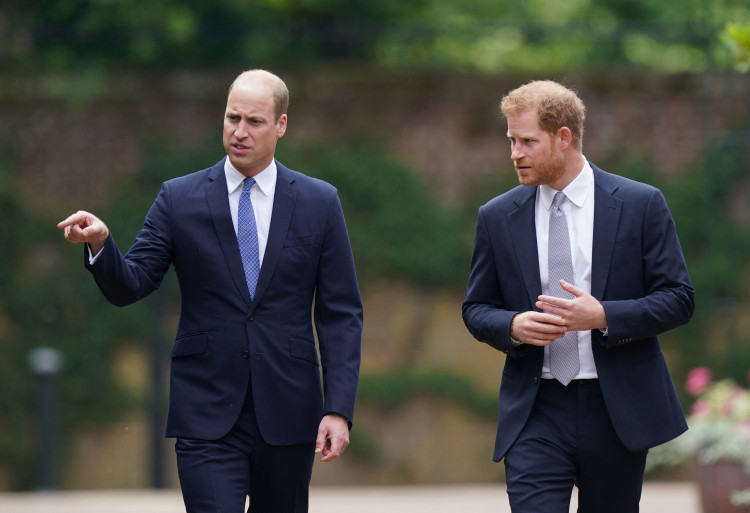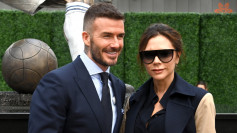A new ITV documentary featuring Prince William's work to combat homelessness has ignited commentary on the contrasting public personas of the two royal brothers, with experts claiming Prince Harry may be "blinded by sour grapes" in his assessments of William. The first episode of Prince William: We Can End Homelessness aired this week, showcasing the prince's year-long work with his Homewards initiative. The series portrays William as compassionate and driven, mirroring the empathy once shown by his mother, Princess Diana. For some royal commentators, however, the portrayal highlights the long-standing tension between William and Harry, especially in light of Harry's recent critiques of his brother.
Royal historian Dr. Tessa Dunlop, speaking to the Mirror, claimed that Harry's portrayal of William in his memoir, Spare, misrepresents the prince's character. "In the opening of his memoir Spare, Harry insisted that William with his 'alarming baldness' was losing his 'famous resemblance to Mummy,'" she noted. "The Duke of Sussex, blinded by his own sibling-sour grapes, couldn't be more wrong." Dunlop argues that this documentary shows William as Diana's true successor in terms of compassion and dedication to social causes.
The ITV series features William engaging with homelessness charities, including volunteering at The Passage, a shelter his mother also supported. He is shown meeting with former rough sleepers, convening with charities, and discussing long-term solutions with landlords, an approach that Dunlop believes is a testament to William's sincerity. "Last night, William channeled Diana. The same big-eyed stare, the same capacity to make the unseen in society feel seen, the same sincerity," she said.
Harry's memoir recounts their relationship in less glowing terms, with critiques of William's appearance and personality. Dunlop views these comments as colored by "sibling-sour grapes," pointing to the documentary as proof that William is committed to using his position to make a real impact. "This wasn't just moving television," she said of the documentary, which aired in prime time. "It reframed the Prince of Wales as a future 'King of Hearts,'" a term that has long been associated with Diana.
William's dedication to the homelessness crisis was emphasized in an emotional scene where he hosted Wayne, a former rough sleeper, at Windsor Castle. The moment addressed a common criticism that William, as a royal with access to multiple residences, might not relate to homelessness. However, Wayne himself appeared unfazed, using the meeting to share his experiences with a much wider audience. "Former street sleeper Wayne didn't care, he just wanted a platform to tell his story," Dunlop remarked, observing how the documentary turned potential critique into a moment of connection.
Dunlop argues that the documentary sets William apart as a royal genuinely committed to social issues, perhaps more so than his younger brother. "As a charity boss casually observed, William isn't just a celebrity, he is a 'super celebrity,' and his capacity to work that status was there for all to see," she said, pointing out how the documentary provided two consecutive prime-time slots to highlight homelessness, a subject often overlooked in public discussions.
For William, who has largely avoided discussing his relationship with Harry in public, the documentary represents an opportunity to define his work and legacy. "Charming, charismatic and kind, a man on a mission to end homelessness," Dunlop described. She believes the documentary showcases a side of William often overlooked in light of the ongoing tensions with Harry.
While the second part of William's documentary airs tonight on ITV and will be available internationally on Disney+ on November 1, Harry's upcoming series on Netflix, a five-part project co-produced by Archewell Productions, is set to release in December. Unlike William's hands-on role, sources indicate that Harry will have a minimal on-screen presence in the Netflix series, which focuses on the sport of polo.
As William's documentary continues to garner praise, the stark differences in how each brother engages with their royal duties seem more pronounced. "She was ever-present throughout the documentary, William openly admitting that it was thanks to [Diana's] early influence he understood what went on outside palace walls. From his privileged position, he gets it," Dunlop explained, noting that William's homage to Diana resonated deeply with viewers. "Compared with those sleeping on the streets, we all live like princes," she said. "It's ironic that it took a real prince to make that point."





